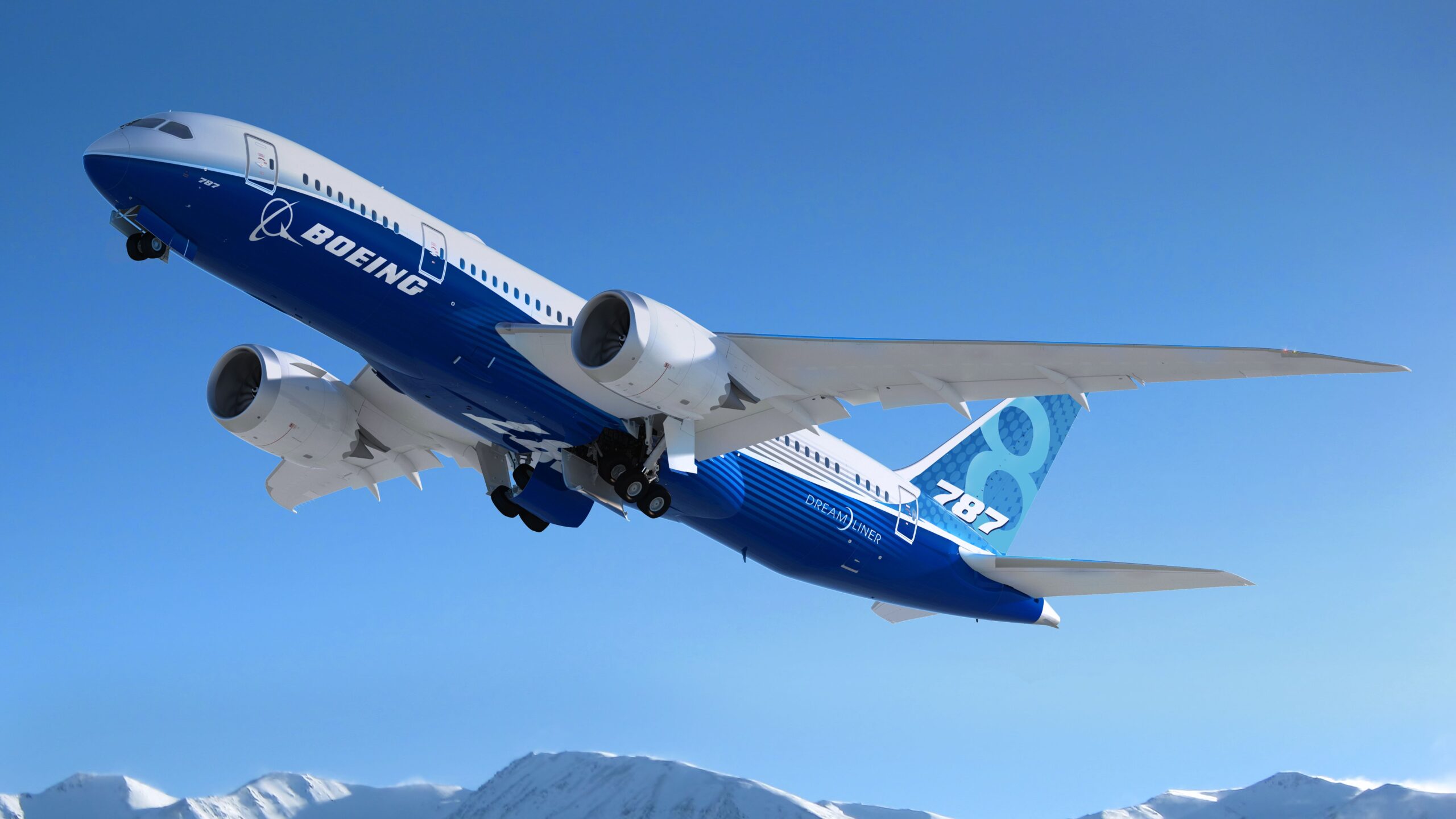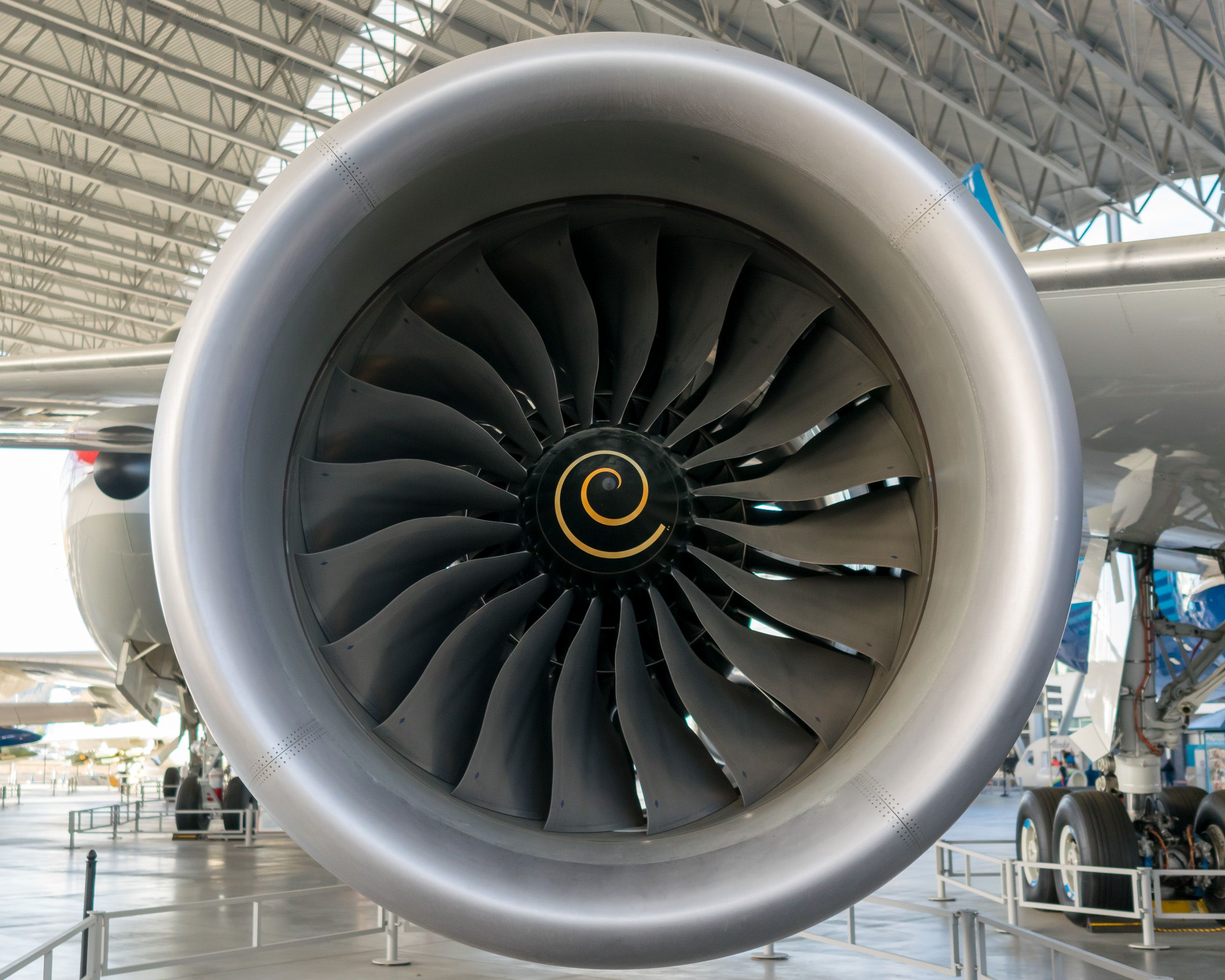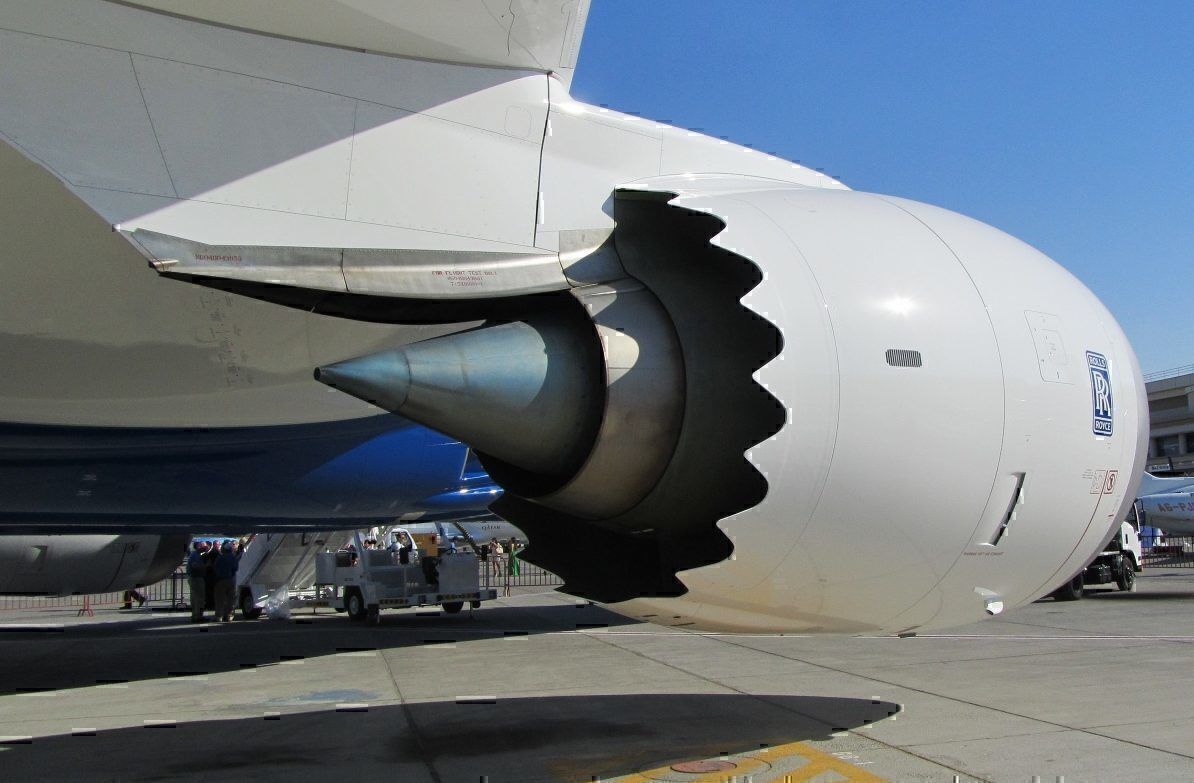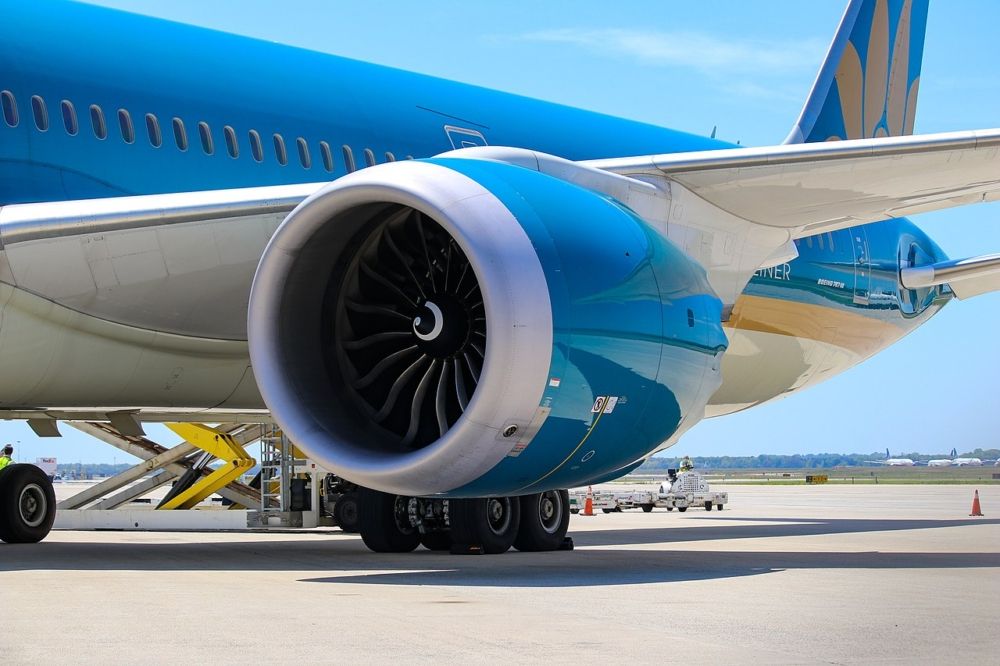Summary
- The Boeing 787 Dreamliner offers two engine options: General Electric GEnx and Rolls-Royce Trent 1000.
- GE dominates the market; the fastest-selling GEnx on the 787 gives airlines tough fuel choices.
- Customer buys engines based on economic and technical evaluations & product proposals.
It has been nearly 13 years since the Boeing 787 Dreamliner entered commercial service with Japanese carrier All Nippon Airways (ANA) in October 2011. Boeing offers three variants of the 787 family: the 787-8, 787-9, and the largest, 787-10. As of April, Boeing has delivered 1,127 units across all variants, with 788 orders still outstanding.
Regardless of the variant, Boeing offers its customers two different engine options for the 787: General Electric GEnX-1B or Rolls-Royce Trent 1000. Customers generally select engines based on many factors, including fleet commonality, type of contract, price, availability, and route-specific performance. This article compares the two engines in light of their design and performance characteristics.
Rolls-Royce Trent 1000
|
Rolls-Royce |
Thrust |
Mass |
Bypass |
Pressure |
Config |
Fan |
Cruise TSFC |
First run |
Application |
|---|---|---|---|---|---|---|---|---|---|
|
Trent 1000 |
285–331 kN 64,100–74,400 lbf |
5,936–6,120 kg 13,087–13,492 lb |
10:1 |
50:1 |
8 IPC, 6 HPC 1 HPT, 1 IPT, 6 LPT |
112 in (284 cm) 20 blades |
0.506 lb/lbf/h 14.3 g/kN/s |
2006 |
Boeing 787 |
One of the engine types available for use on the Boeing 787 is the Rolls-Royce Trent 1000. This high-bypass turbofan design first ran in February 2006, more than five and a half years before entering revenue-earning service on the Dreamliner. It was developed from the Trent 900, which is one of the options for powering the Airbus A380.
Photo: Joe A. Kunzler
Rolls-Royce has produced several different variants of the Trent 1000. The least powerful is the Trent 1000-E, which produces 62,264 lbf of thrust on takeoff and 58,866 lbf continuously. At the other end of the spectrum, a takeoff powered by the Trent 1000-R produces 81,028 lbf of thrust. These engines have a continuous output of 72,691 lbf.
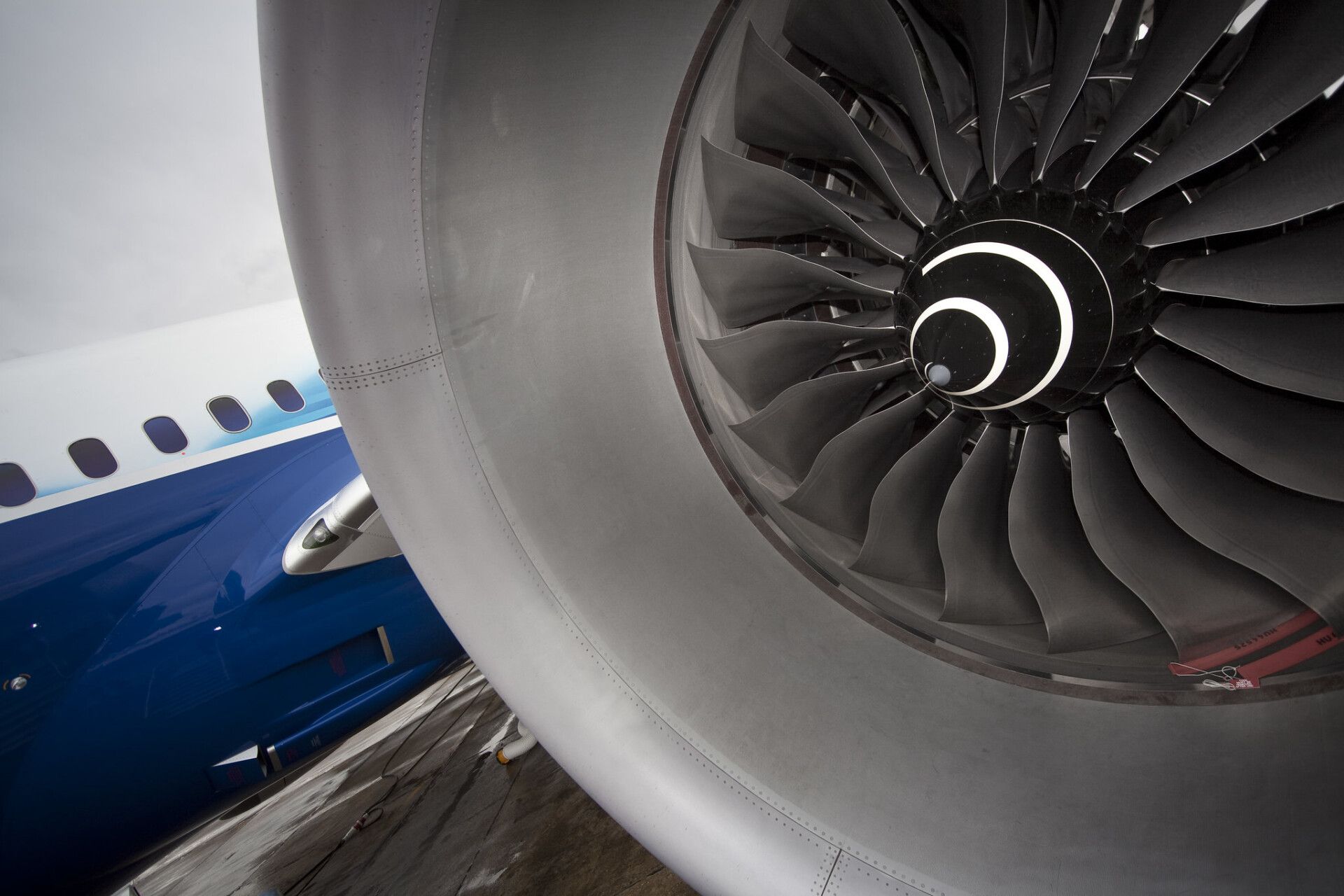
Related
How Rolls-Royce Solved Its Trent 1000 Issues
Despite powering the first-ever commercial 787 flight, Rolls-Royce has struggled to gain a solid market share. According to FlightGlobal, just a third of Dreamliner orders have featured the Trent 1000. In recent years, the engine has suffered supply chain and durability issues. However, the COVID-19 pandemic helped ease these as planes flew less. This allowed engine changes to occur on inactive 787s for carriers like Virgin Atlantic.
Recently, Simple Flying reported that an Air Tanzania’s Boeing 787 remained stuck in Malaysia for over six months due to Rolls-Royce Trent 1000 engine issues. While Rolls-Royce’s engine maintenance manual requires maintenance at regular intervals, however, delayed maintenance and lack of spare engines caused the extended grounding of the aircraft. The aircraft is expected to return to service in June.
Stay informed: Sign up for our daily and weekly aviation news digests.
General Electric GEnx
|
Variant |
-1B70 |
-1B74/75 |
-1B76/78 |
|---|---|---|---|
|
Aircraft |
787-8 |
787-9 |
787-10 |
|
Fan Diameter |
111.1 in (282 cm) |
||
|
Compressor |
1 Fan 4 LP 10 HP |
||
|
Turbine |
2 HP 7 LP |
||
|
Takeoff thrust |
69,800 lbf (310 kN) |
74,100 lbf (330 kN) |
76,100 lbf (339 kN) |
|
Takeoff Bypass ratio |
9.3 |
9.1 |
9.1 |
|
Takeoff OPR |
43.8 |
46.3 |
47.4 |
|
Top-of-climb OPR |
53.3 |
55.4 |
58.1 |
|
Takeoff air per sec. |
2,559 lb (1,161 kg) |
2,624 lb (1,190 kg) |
2,658 lb (1,206 kg) |
|
Flange to flange |
184.7 in (469 cm) |
||
|
Nominal RPM |
LP 2,560, HP 11,377 |
||
|
Dry weight |
13,552 lb (6,147 kg) |
||
|
Thrust/weight |
5.15 |
5.47 |
5.62 |
General Electric is based in the US and has a commanding share in the 787 engine market. GE states that it powers two-thirds of 787 Dreamliner aircraft in service. With more than 50 million flight hours since its entry into service, the GEnx is the fastest-selling high-thrust engine in GE history. Last year, Canadian flag carrier Air Canada secured GEnx engines for its 787-10 order. The carrier already operates over 35 787-8 and 787-9, all with GEnx engines. The airline expects to take delivery of its brand-new 787 variant beginning next year.
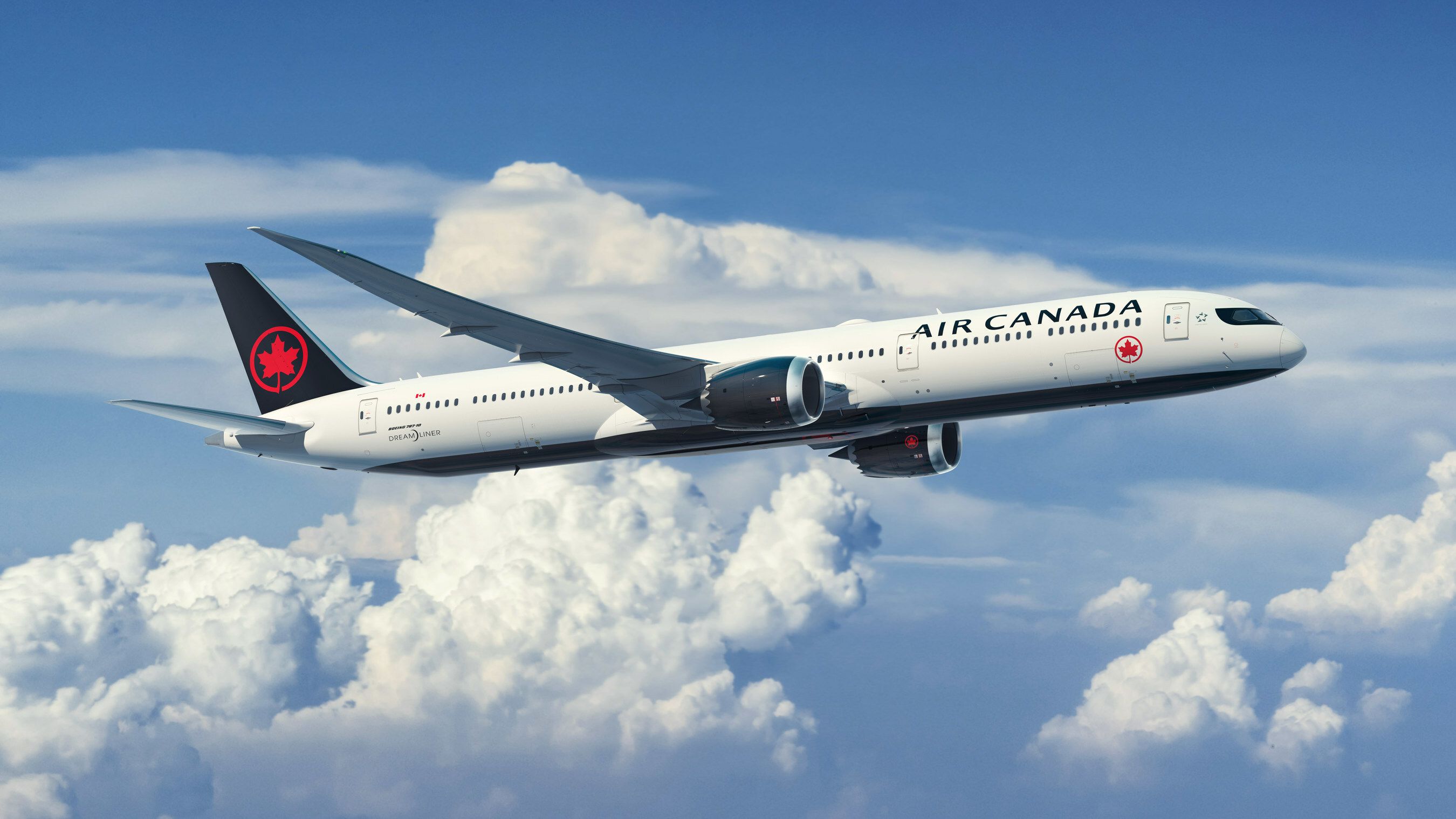
Related
Air Canada Selects GEnx Engines For New Boeing 787-10 Order
The airline already operates a fleet of Boeing 787-8s and 787-9s with GE engines.
Developed from the Boeing 777’s GE90n engine series, the GEnx has formed the basis for the 777X family’s GE9X turbofans. The least powerful variant of the GEnx is the GEnx-1B54/P2, which produces 57,400 lbf of thrust on takeoff and 56,300 lbf continuously.
Contrastingly, the GEnx-1B78/P2 has the highest takeoff thrust (80,400 lbf), but we can find the highest continuous output in the form of the GEnx-1B75/P2 (68,800 lbf).
How do customers decide?
With capable engine options, airlines must consider carefully which set they want for their Boeing 787 Dreamliner aircraft. Speaking recently to Simple Flying, Rolls-Royce’s Chief Customer Officer, Ewen McDonald, explained that:
“The airline will do a full evaluation of how good the engines are: a technical evaluation and an economic evaluation. (…) They will ask [both companies] for a proposal, and go through a tender process. In the end, they decide which engine they will take, and inform [the aircraft manufacturer].”
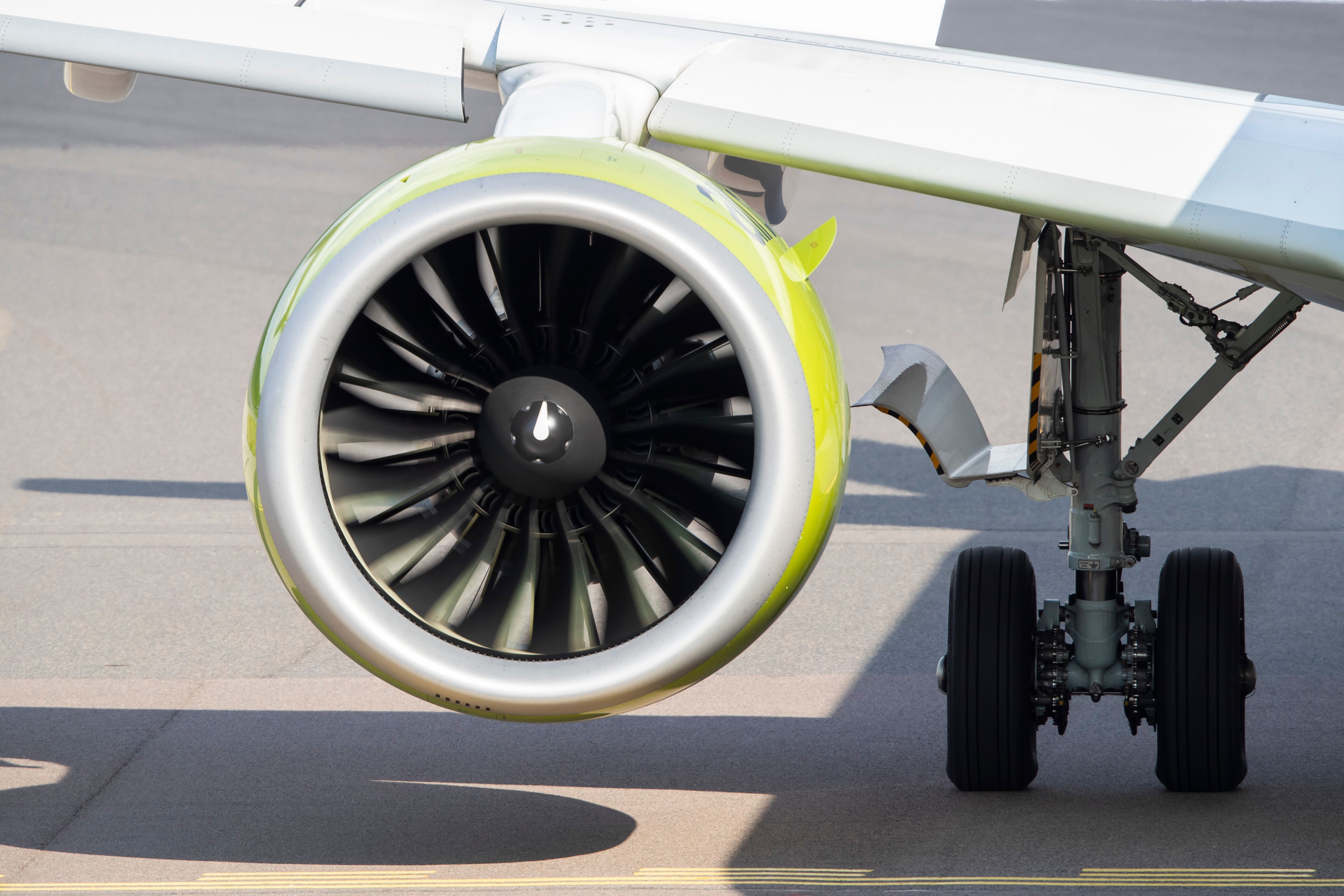
Related
How Many Horsepower Does A Commercial Jet Engine Have?
It is impossible to precisely estimate engine thrust in horsepower.
Not all planes require customers to make such a choice. For example, the Airbus A350 is powered exclusively by Rolls-Royce’s Trent XWB turbofans. The UK-based engine manufacturer celebrated the delivery of the 1,000th example in 2021.
Were you aware of the choice of engines faced by Boeing 787 operators? Do you have a favorite manufacturer? Let us know your thoughts in the comments.

